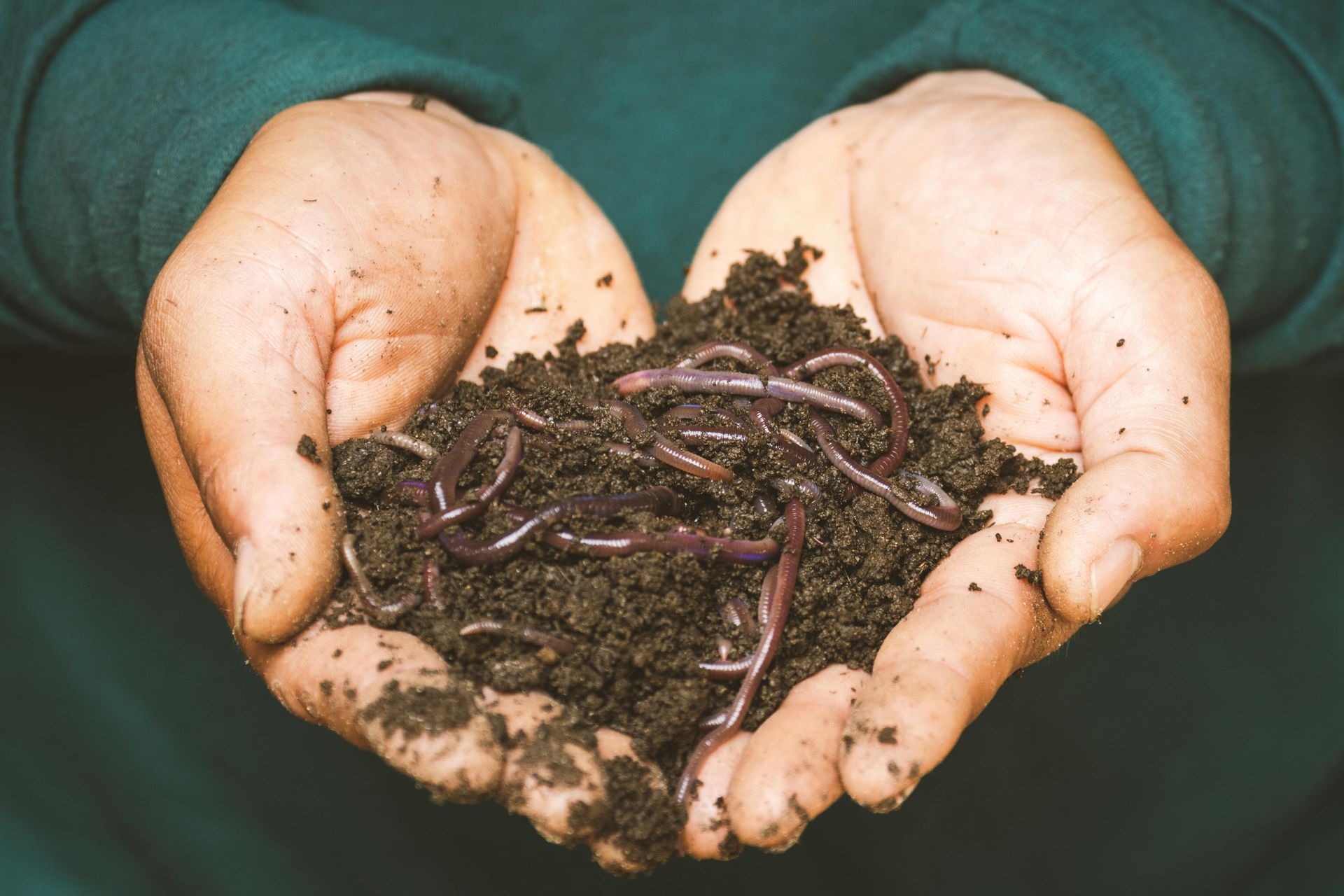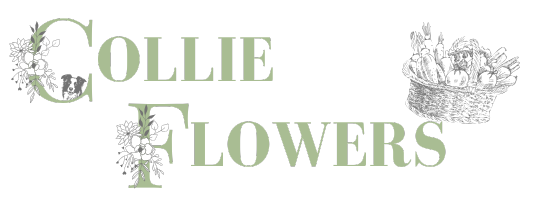Collie Flowers' Sustainability Plan
Sustainability can be something of a buzzword, but it's not new, in fact if I think back to my first job in the late 90’s something I was really proud to be a pary of was the production of a Regional Sustainable Development Framework for the Yorkshire & Humber region. It brought together aspects of environmental, social and economic importance as a means of progressing sustainable development at the regional level. And this is the same three-pronged approach we take to sustainability at Collie Flowers more than 25 years later – because we recognise the need to balance all three, not just focus on one to achieve true sustainability.
The Chronic Risks Analysis, published by the UK Government in July 2025, outlines 26 long-term risks that could gradually undermine the UK’s resilience. These include environmental, societal, technological, and biosecurity threats. For gardeners, several of these risks are particularly relevant, especially those related to climate change, biodiversity loss, soil degradation, and invasive species. This document summarises the key risks and the practical actions Collie Flowers will take and support other gardeners to take to help mitigate them.

Changing weather patterns: More frequent droughts, heatwaves, and intense rainfall can damage plants, erode soil, and disrupt growing seasons.
- We use water wisely: there are water butts installed at our home and allotment, we mulch beds to retain moisture, and are exploring more drought-tolerant plants that can be grown from seed to share with our customers.
Loss of pollinators and biodiversity: Declines in bees, butterflies, and other beneficial insects threaten plant health andfood production.
- Plant for pollinators: We grow and sell a variety of nectar-rich flowers that bloom across seasons to support bees and other insects. We are signed up to the RHS’ Plants for Pollinators scheme, using this branding as appropriate on our seed packs to help inform our customers.
- Support biodiversity: We create habitats such as log piles, ponds, and wildflower areas to support a range of wildlife.
Spread of pests and diseases: Warmer temperatures and global trade increase the risk of invasive species and plant pathogens.
- We avoid use of pesticides, using natural pest control methods instead and encouraging beneficial predators like ladybirds and birds.
- We do not talk abut using pesticides in our written communications, but seek to provide customers with information about natural alternatives.
Soil health decline: Overuse of chemicals, compaction, and erosion reduce soil fertility and resilience.
- We protect and improve our soil by avoiding digging unnecessarily, making and using our own compost and organic matter,
- Over winter at the allotment we plant cover crops to prevent erosion.
- We grow, and encourage others to grow, native and resilient species, choosing plants suited to our local climate and soil, and we avoid introducing potentially invasive species.
The Chronic Risks Analysis also highlights the importance of green infrastructure and access to outdoor space for public health and resilience. Gardens and green spaces contribute to mental and physical wellbeing, support biodiversity, and help mitigate environmental risks. By maintaining healthy gardens and adopting sustainable practices, gardeners not only enhance their own wellbeing but also contribute to the broader resilience of communities and ecosystems. We support our customers in this area through the information we share with them.
Below are the commitments we make and the actions we have taken to become a sustainable horticultural business.
Commitment to zero-waste and minimising our environmental footprint
I don't know about you, but once I've emptied a seed packet I don't want to have to remember to put it in my pocket, take it home and put it in the landfill bin - that's what you have to do with those little foil packages many seeds come in.
But not a Collie Flowers seed pack, they have always been 100% compostable, it was something important to me from the very beginning. The glassine inserts with your seeds in can be composted, the manilla envelopes can be composted and I even chose our printer for the labels because they use inks and glues that are safe to be composted.
Our Pocket Companions are printed on Love Paper accredited sustainable paper (Love Paper is a global campaign promoting the sustainable and attractive attributes of print, paper and paper packaging), again with inks that are safe for composting, so eventually if after years of use they're falling apart they can go into your compost too! Just take out the staples and put those in your recycling.
The metal tins our collections are sent out in are endlessly reusable, not just for storing seeds, but they're handy for screws, bits of lego-people, hair clips, you name it! And if they become battered and broken they are recyclable.
Our exterior packaging however, has been the one piece of packaging to cause us issues over the years. But no more! In 2025 we finally found a reliable manufacturer of decent cardboard packaging, that's made from over 80% recycled materials, is value for money for us, protects orders as they go through the mail system to get to customers, and of course yes, they are compostable! Or if you if you order enough from us, you can stockpile them until there's enough for the base of a no-dig bed.
However, we also take a keen interest in the waste we generate from gardening, ensuring as much material as possible makes it back into our compost heaps. This minimises the volume of peat-free compost we need to purchase for our own growing needs. By buying less peat-free compost we reduce the cost of our growing and in particular the costs associated with the seed germination trials we run on every batch of seed we bring in and then sell. Keeping these costs low allows us to keep the cost of our seed packs low too.
Operating a small business during a cost of living crisis
The cost of living crisis is hitting the UK hard, and whilst gardening offers many benefits the plight to grow our own, be that vegetables or blooms, can – but doesn’t have to be – expensive. That is why our shareholder accepts their initial investment to start Collie Flowers will not be recouped through sales and ensures the business acts like a social enterprise: it sells seeds and subscriptions, but its primary goal is to educate, empower, and build community. The commercial activity supports the mission, not the other way around. All monies made by Collie Flowers support its continued operation and are reinvested into the business and it’s mission.
We take all the actions we can to keep our products low cost and high value, and we educate our customers and anyone interested in how they are able to save their own seed, thus reducing their gardening costs. Furthermore we are committed to ensuring that our most valuable asset – the knowledge we hold – will remain free for anyone to access at anytime. Collie Flowers has published a vast proportion of it’s sowing and growing library of information to it’s website and will continue to add to this as more information is curated for it’s library.
Social Value
Collie Flowers helps ordinary gardeners do extraordinary things by giving them access to advice, encouragement, and a growing community that feels like friendship. In an increasingly digital world, the disconnect between us can often feel like it is growing. Despite operating across multiple dogital platforms, Collie Flowers acts to bring people together to celebrate their growing adventures, learn from each other and make connections.
